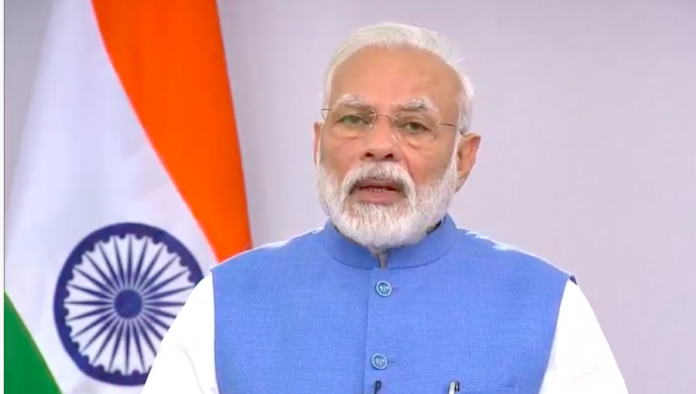
Prime Minister Narendra Modi, on Tuesday, announced the most radical, disruptive measure taken anywhere globally to battle the coronavirus pandemic. He announced a three-week lockdown for the entire country, and warned citizens strictly not to exit their homes for the next 21 days. Given that this applies to over 1.3 billion citizens, in all states and Union Territories, spans all sectors except essential services, the scale of the lockdown is unprecedented, not just in India, but the world. Other countries have resorted to lockdowns which have been more limited either in space or duration.
The lockdown is essential. As Mr Modi said, there is no way to battle the pandemic but through strict social distancing. In India, relying on only voluntary distancing is insufficient — it needs to be backed by State authority. It is also true that once the virus spreads, given India’s poor health infrastructure, it will be very difficult to contain. It is important to temper expectations though. India will continue to see an increase in cases for now, as testing increases and many — who slowly developed symptoms — turn out positive. But if the lockdown is successful, as the PM said, India may succeed in breaking the chain of human transmission — and flattening the curve.
But while the onus rests on citizens to follow the government’s directive, the government has to do the following. One, the lockdown cannot be enforced with extra legal measures. This has been visible in the form of police brutality across the country or in Telangana chief minister K Chandrashekar Rao suggesting shoot-at-sight orders against violators. Respect the law, and be proportionate and sensitive in responses. Two, law enforcement authorities need to be clearly instructed to allow the supply of essentials, and not impede movement. Three, the government needs to communicate more clearly with citizens — and assure them that it will ensure that basic needs will be met. Four, it needs to immediately come up with an economic plan for daily wage workers, migrant workers, and those in the unorganised sector, who have no means to sustain themselves for such a long duration given the disruption to their livelihoods. Five, it needs to use this time to ramp up health systems — by enhancing testing, creating dedicated facilities, providing protective equipment for health workers, and sourcing ventilators and other medical essentials. And finally, it needs to draw up a medium-term economic plan since incomes and jobs will be severely hit. As citizens fulfil their duties, it is time for the State to do its bit.